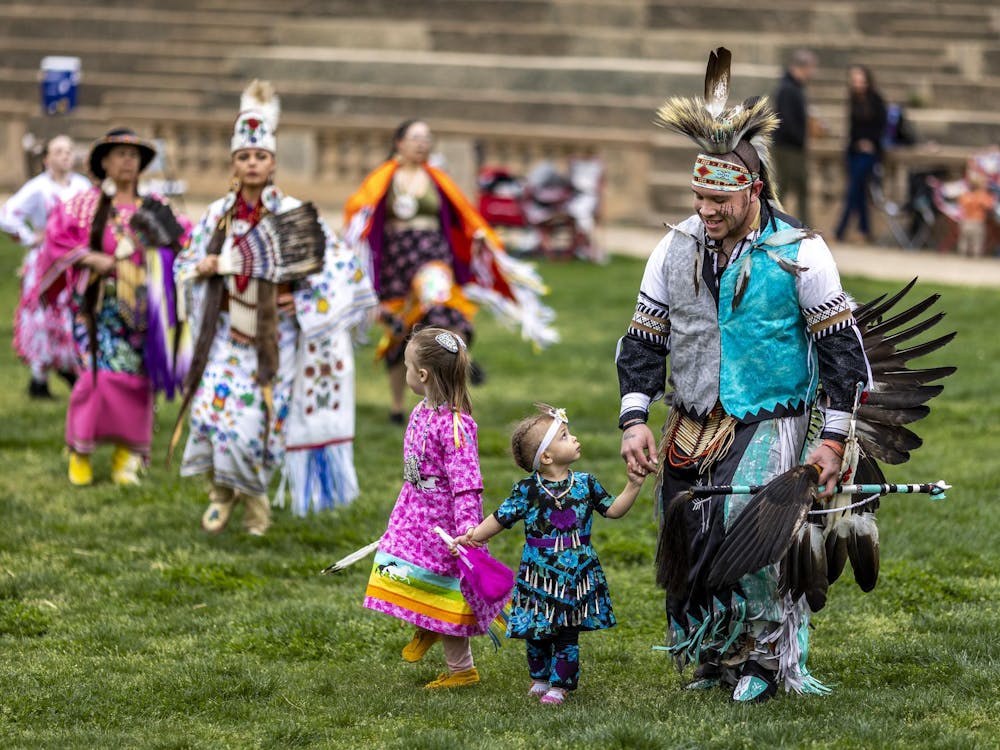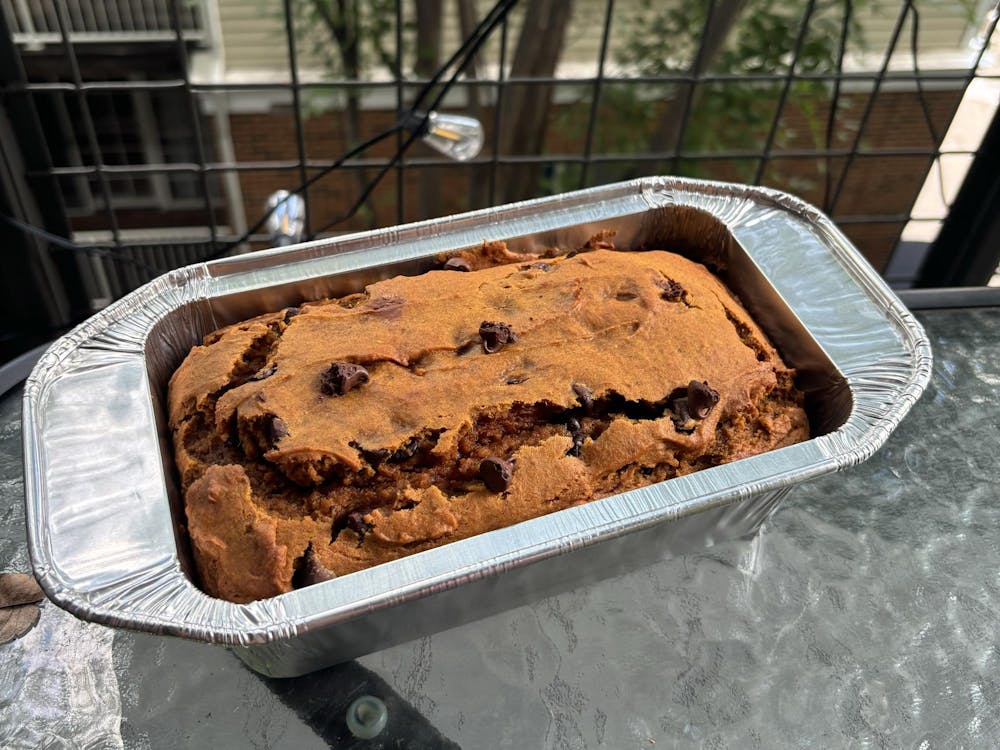Having now spent a month at college, I’ve formed many relationships with wonderful guys and girls. Nice, funny, interesting — they’re all everything I look for in a life-long friend. The other day though, something struck me: how well do I — how well can I — know these people who were complete strangers just weeks ago?
I envisioned walking among scholars on the Lawn, discussing the finer points of life, learning and feeding off of the brand new moral fiber to which I’d be exposed. But it hasn’t happened yet. In fact I stopped in disbelief the other night when I discovered I was having a conversation with friends about the environmental harms of fracking.
Why did I find that surprising? Those are the types of conversations that, as young adults, we all want to have. Why was I so surprised at learning we were conversing about real-world issues like adults?
I found the answer, in a roundabout way, in my philosophy class. We examined how Aristotle’s Nicomachean Ethics discusses friendship, and one of his points really hit home.
Brief disclaimer: I am an absolute novice at philosophy. I first picked up Aristotle two weeks ago, and my grasp on the dude’s stuff is pathetically elementary. Still, like our cowbell-philic friends from SNL, I’ve been given a fever by one of his ideas, and this is my only cure. So, Professor Stangl, if you’re reading this, I’m sorry.
Here’s a quick and dirty recap. Aristotle says there are multiple types of friendship, including friends of pleasure and friends of virtue. Pleasure, he says, focuses mainly on bodily pleasure. That person you went out with last night who knew the bouncer and everyone else, who probably won’t want to go out with you again because they couldn’t believe you wanted to go back before 3 a.m., and who you tried to pretend you didn’t know when you were talking to your parent or true friend — that’s a pleasure-friend. We all have these friends, and there’s nothing wrong with that.
A friend of virtue, however, is the kid with whom you can connect about anything. You share thoughts, ideas, values and a love for the same activities. You like them more for their character than for their ability to get you into parties, and they are rare and should be cherished.
Bothered since my first week at the University, I’ve noticed I have an abundance in pleasure-friends and a difficulty in making virtue friends. I am really crazy about the people I’ve met so far, but I haven’t yet found that “moral” connection based on character. Maybe it’ll come with time, but I had another thought.
Social life at the University is largely, for lack of a better term, “pleasure-centric.” I’d argue discussing substantive ideas is actually oftentimes more pleasurable, but social gatherings rarely revolve around this desire. Gucci Mane and Yelawolf don’t preach, “I just wanna talk about good literature and future aspirations,” and even if they did, music at parties blares so loudly that I think I’m halfway to learning how to lip-read functionally.
Think about it — if you were to offer the proposition of just staying in, listening to music and talking, you’d be derisively hailed as anti-social. But does this derision make sense? What’s more anti-social, speaking in disjointed, forced, inaudible and brief interactions with a hundred different people, or forming “virtuous” friendships with close friends in an environment that encourages dialogue?
Look, I’m as bad as anyone. If a friend chooses not to go out, I’ll give him a hard time. I still have a nagging belief that the way to form virtuous friendships is to meet as many people as possible, and the ones you love would filter from the ones you like.
But so far that hasn’t worked. Call me impatient, but I want to meet my future best man and my future child’s godfather now, and I want to know I’ve met them. But how can I be sure? I can tell you one thing: it won’t happen in the stressed-out fifty minute lunch block between classes, and it won’t happen on the 15-minute walk to Rugby Road there and back.
Aidan’s column runs biweekly Fridays. He can be reached at a.cochrane@cavalierdaily.com




